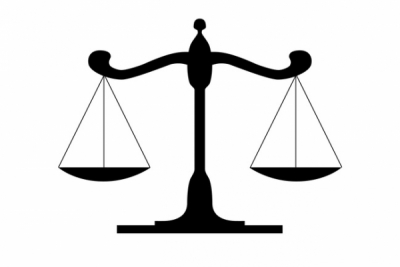
Sexism in the Industry Pt. 3
Our third and final installment of the sexism series takes a look at men. How do male crew members fuel the destructive fire that is gender discrimination? Alternatively, do male crew ever experience sexism in the workplace? Do they know how to identify instances of sexual harassment and inappropriate treatment? And lastly, how can we make the workplace a safe and gender respecting space for all?
Sexism is a unique conundrum in that it is a double-edged sword. Most complaints come from women who feel like they are being treated lesser than.Their concerns are valid. In 2015 The Huffington Post released a study stating that 1 in 3 women are sexually harassed in the workplace. This covers “unwelcome sexual advances, requests for sexual favors, or other verbal or physical conduct of a sexual nature.” When it comes to salary, positions typically attributed to male crew receive an average of 440euros more than typically female positions. This regardless of the labour intensive and tasks.
It is fair to assume that women bear the brunt of sexism and harassment, but is there a possibility that we ignore the chance that men find they are victims too? We so often focus on the ill-treatment of female workers, as we should because sexism often leads to gender based violence. However, this means we do not consider how men are handled. It is assumed that because males are the main instigators of sexism they rarely, or never experience it themselves. This assumption is wildly incorrect.
Patriarchy works to belittle and objectify women as well as men.What is troubling is that where sexist remarks of women are mostly overt and unabashed, sexist behaviour towards men is more subliminal and therefore harder to identify and quash. Sexism in the patriarchal space works to undermine the intellectual capacity of a person, diminishing them to nothing more than their physical attributes and gendered behaviour determined by stereotypes.
Men experience objectification and sexualisation. On board Deckhands, especially, have been known to receive comments referring to their appearance, physical (and otherwise suggested) abilities, as well as lewd remarks.Even though the attention is unwelcome and may make a male crew member uncomfortable, he is often pressured to entertain it and/or take it as a compliment.
The yachting industry tends to have gender based preconceptions about who fulfills which roles within the crew. There has been some leeway in this regard but the confines do exist. Men and women who attempt to cross the barriers are often met with ridicule, bullying and hazing. At what point does all of the unfair, biased and sexist behaviour become too much? How can we all do our part to change an environment we feel uncomfortable in?
Male crew should speak up when they feel like they are being sexualised. It must be known that objectification of any form should not and will not be tolerated. Men should be actively involved in movements to challenge patriarchal structures, rather than being dismissed from such discussions. Sexism needs to be met with a strong opposition. “The only thing necessary for the triumph of evil is for good men to do nothing.”
If men and women become united in their pursuit of professional equality, it will be realize not only there but in all the spheres of society.
